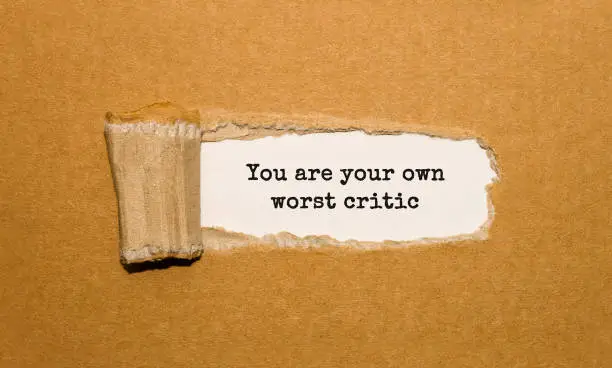
The importance of self-compassion for your mental health: 3 factors that destroy self-compassion.
Table of Contents
The importance of self-compassion for your mental health is often overlooked as a fundamental piece in your healing process. You may initiate therapy thinking, “I need to fix my depression so I can get out of bed” or “I need to be able to go to the grocery store and not be triggered.” Those can absolutely be a part of the healing process, but you will not have those lasting behavioral changes if you talk poorly to yourself. Last change starts with how you treat yourself.
High expectations
We are so ridiculously hard on ourselves. We set unrealistically high standards, and then beat ourselves up when we don’t meet those standards. “I should have known better.” “I should have tried harder.” “I am a failure because I did not get straight A’s and don’t have a 4.0 GPA.” Constantly setting unrealistic expectations and then shaming yourself for not meeting those expectations creates a vicious cycle and often leads to anxiety, depression, low self-worth, self-hatred, and self-harming.
Blaming
I touched on this briefly in my post on healing from your childhood trauma. You may be compelled to set higher expectations for yourself if you have parents who had high expectations and only rewarded the “absolute best.” You also tend to set higher expectations for yourself if you are a people pleaser. As a people pleaser, you feel obligated to make everyone happy, which is an unrealistic goal in and of itself. This will lead to a cycle of unrealistic expectations which will lead to negative self-talk when you fall short.

Many of us also end up blaming ourselves for things that go wrong in life that are outside of our control. You may blame yourself for something bad that happened to you. “It is my fault because I got drunk.” “It is my fault that they got mad.” “I caused this because I’m too emotional.”
This blame game tends to happen when something happens to you that is outside of your control. Self-blaming is a way to find control. Your mind convinces you that if you are to blame then you have some control over the situation. But if you blamed the other person, then you are a victim, helpless, vulnerable, and have no control.
Negative self-talk
Both instances create negative self-talk and negative self-beliefs. “I am stupid.” “I am pathetic. “I am a loser.” I’m sure you don’t need help thinking of examples. We all do it, and it is awful. We beat ourselves up for the most ridiculous things. We call ourselves names, belittle ourselves, and are just downright rude.
So why do we do this?
Well, for some reason we believe that we are super humans and should be capable of the impossible, right? I doubt you believe that, yet the standards you set for yourself and how you talk to yourself say otherwise.

Society has taught us that setting high expectations is how we achieve greatness. Goal setting is a great tool and can help people accomplish many things. But those goals must be attainable and realistic.
This is where we get into trouble. We can set attainable and realistic goals for others, but we think that we “should” be able to reach higher goals. The problem is most of our individual goals are unrealistic and unattainable.
What is self-compassion?
Self-compassion means extending grace and understanding towards yourself in instances such as those mentioned above. It means being empathetic towards yourself: understanding and not judging. The crazy thing is that most of us are extremely compassionate towards others, and empathize with them when they share their experiences, yet we won’t do that for ourselves.
The importance of self-compassion for your mental health

There is no denying that you feel like crap when you talk crap to yourself. When you say good things to yourself, you feel better. Crazy how that works! A study on athletic coaches found that athletes performed worse when their coaches yelled negative statements and the athletes performed better when their coaches provided positive statements.
The Harvard Medical School states that self-compassion has been shown to lower anxiety and depression.
Would you be motivated to get out of bed if someone was there saying “you are a lazy, no good human being and you are wasting your day by lying in bed!”? Now you definitely aren’t getting out of bed, right? How about if someone was there saying “it looks like you are tired and struggling to find motivation to get up. It is okay if you need some time to relax to regain your energy. We all have tough days.”
Can you see the importance of self-compassion for your mental health? We show compassion, understanding, and empathy towards others, it is time to start showing it towards yourself.
